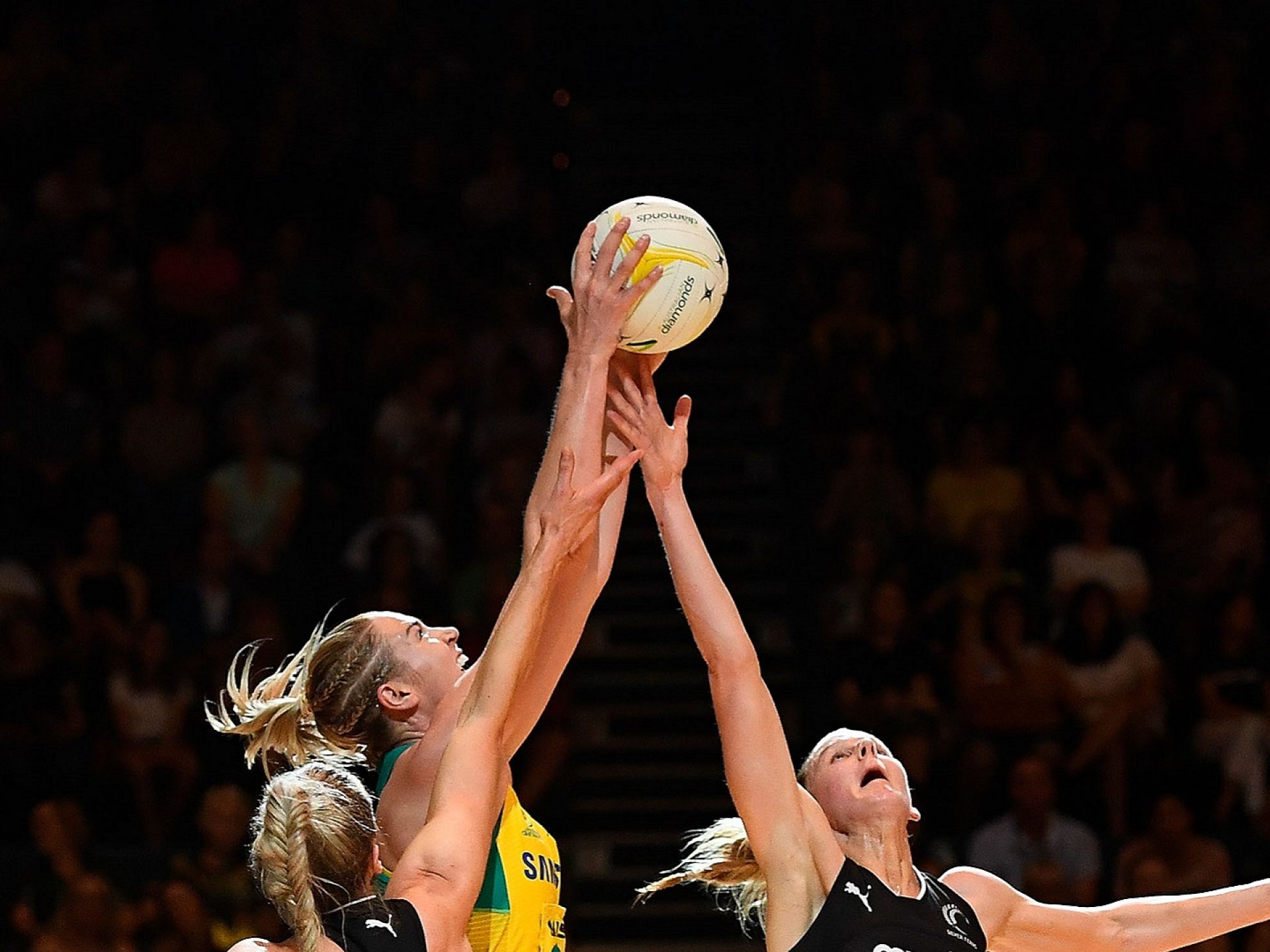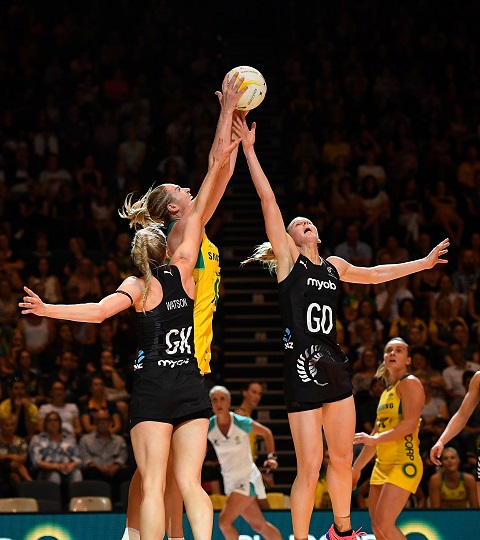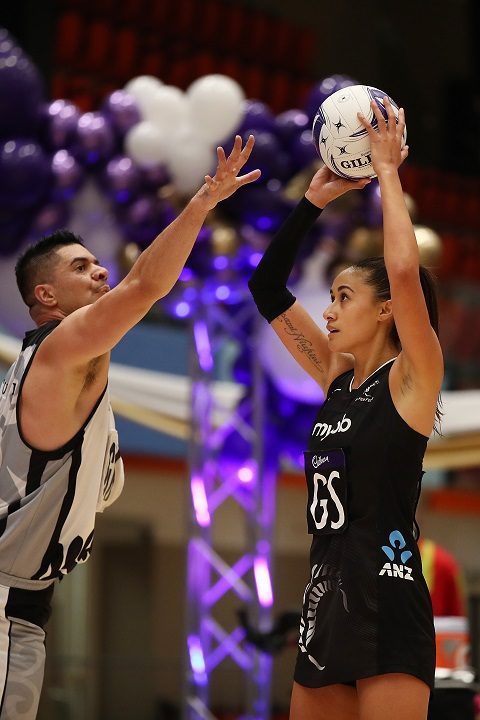Magazine

October 29, 2019

This article was originally published in Populous Magazine, our biannual publication featuring news and trends from the worlds of sport, entertainment, and major public events. Find out more, and sign up to receive a free copy, here.
In all but a few regions of the world, netball is an exclusively female sport. Some believe male participation is crucial for the growth of the global game while others prefer to keep the status quo. Natalie Morris, co-host of The Netball Show podcast, explores both sides of the argument.
International netball is at an all-time high. Dramatic matches such as the 2018 Commonwealth Games final, where England beat Australia 52-51 with a last-second goal, or the 2019 World Cup final where New Zealand beat Australia by the same score line, have led to unprecedented levels of interest from spectators, media and sponsors.
Now, the rallying cry of netball fans everywhere is inclusivity, opportunity and equality. Netballers, like the majority of female athletes, dream of achieving the same level of respect afforded to male sports. They want better pay, more media coverage and bigger crowds. But is this ever truly possible when half of the world’s population is still excluded from taking part in the elite echelons of the game?
Men’s netball is not currently recognised by the International Netball Federation (INF), and many countries, including England, don’t even have a national male team. The uniquely female focus of netball stems from its origins in the 1890s when it was created exclusively for women as a more “ladylike” version of basketball. Modern netball, however, is fast-paced, brutally physical and unbelievably athletic – and men want in.

“It’s time for the men’s game to expand,” says Declan Kohl, co-founder of English men’s netball club Northern Titans. “It’s more netball for people to watch. And if you’re a fan of the game, that has to be a good thing. The support from the netball community for men’s teams has really opened the arena for the male game to expand and properly utilise male national teams, like they do in Australia and New Zealand.”
Ahead of the 2019 World Cup, New Zealand women played their national men’s team in a televised game – the first of its kind. New Zealand and Australia have long used their male counterparts to push them in training behind closed doors, but this was the first public showing of such a clash. The worries about potential injuries proved unfounded, and the game was an inspiring showcase of athletic ability. New Zealand even went on to win the World Cup, so the argument that the growth of male involvement could improve the female game may ring true. But there are barriers to overcome.
"The current conversation needs to change around what’s vital and necessary for the whole sport to grow across the world..."
“Recognition from the International Netball Federation aside, the overarching factors as to why men’s netball isn’t growing any quicker than it is, are resourcing and access to funding,” explains Michael Hutchinson at the Australian Men’s and Mixed Netball Association (AMMNA). “The current conversation needs to change around what’s vital and necessary for the whole sport to grow across the world. And men’s netball should be included in that. There are the assumptions around males playing a female dominated sport to address, and the naivety of just how skilled they are at the game. There are also some who believe the involvement of males should be as social participants only – not even as umpires or coaches in the women’s space.”
But does netball really need to be protected as a female space? When men have their pick of almost any sport to compete in, should the focus of netball continue to be on the growth of the women’s game at this crucial time in its development?

“Netball is in a unique place purely because there is no male equivalent,” suggests Sacha Shipway, a former international player for the Republic of Ireland and co-host of The Netball Show podcast. “There are so many men’s sports that don’t have a women’s equivalent and, of course, it is never asked whether female involvement would help to grow their game. Why can’t women’s netball be viable as a sport in its own right? It is a women’s game; they are strong, powerful, dynamic and athletic. Why isn’t that enough? I’m all for men playing, as long as it doesn’t damage or detract from the women’s game.”
There is an argument that men’s teams are the key to Olympic status for netball. But with little interest in the game – male or female – from Olympic powerhouses such as Russia, China and the USA, the answer to the Olympic question may more realistically lie with wider global involvement.
Lorem ipsum dolor sit amet consectetur, adipisicing elit. Non facere corporis et expedita sit nam amet aut necessitatibus at dolore enim quis impedit eius libero, harum tempore laboriosam dolor cumque.
Lorem, ipsum dolor sit amet consectetur adipisicing elit. Illo temporibus vero veritatis eveniet, placeat dolorem sunt at provident tenetur omnis, dicta exercitationem. Expedita quod aspernatur molestias eum? Totam, incidunt quos.